Mark Bell
History
Mark Bell is a television Commissioning Editor and Producer based in London, England. He began his career working as an editor in publishing. From 2004, he worked as Channel Executive on BBC Four and BBC Two. In 2007, he became Commissioning Editor of Independent Specialist Factual in Knowledge Commissioning. In 2009, he was appointed Commissioning Editor, Arts. In June 2009, he was confirmed as the Arts Co-ordinator of the BBC.

Executive Producer
Ike White was a musical prodigy who recorded a funk and soul classic album inside a Californian prison in 1974. Then he disappeared. 30 years later, director Dan Vernon tracked him down, only to find a trail of wives, lives and false identities that leave as many questions as answers.

Commissioning Editor
Playful, moving portrait of Raymond Briggs, told through interviews with Raymond, animation illustrated by Chris Riddell, and contributions from friends and admirers.

Commissioning Editor
How Andrew Davies transforms the classics into prime-time television. A profile exploring both his creative process and the influence of his childhood in Cardiff.
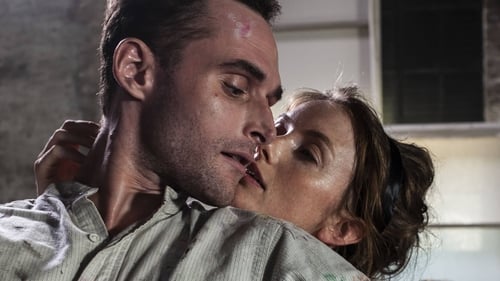
Commissioning Editor
The dramatic story of Egon Schiele in his own words, celebrating his remarkable artistic achievements but also debating the controversies around his work.
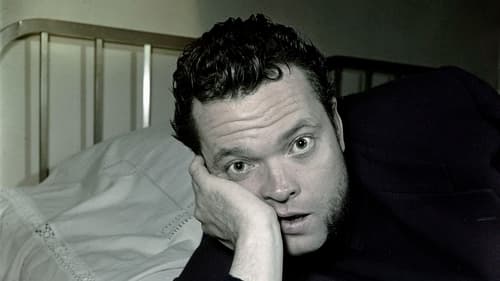
Executive Producer
A poetic journey into the visual world of the legendary filmmaker and actor Orson Welles (1915-85) that reveals a new portrait of a unique genius, both of his life and of his monumental work: through his own eyes, drawn by his own hand, painted with his own brush.
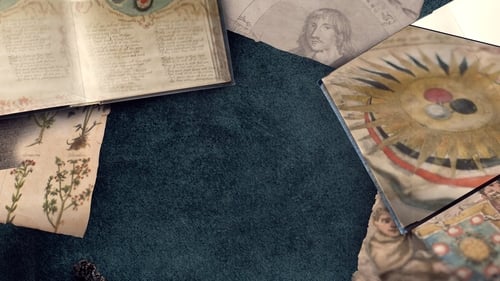
Commissioning Editor
A thrilling journey through legends, belief and folklore, this film goes behind the scenes with the British Library as they search to tell that story through objects in their collection, in an ambitious new exhibition: Harry Potter: A History Of Magic. J.K. Rowling, who is lending unseen manuscripts, drawings and drafts from her private archives (which will sit alongside treasures from the British Library, as well as original drafts and drawings from Jim Kay) talks about some of the personal items she has lent to the exhibition and gives new insight into her writing, looking at some of the objects from the exhibition that have fired her imagination.

Executive Producer
A provocative and poetic exploration of how the British people have seen their own land through more than a century of cinema. A hallucinated journey of immense beauty and brutality. A kaleidoscopic essay on how magic and madness have linked human beings to nature since the beginning of time.
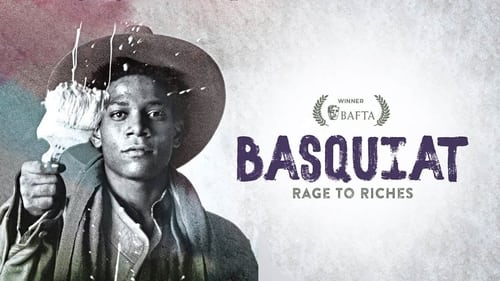
Commissioning Editor
This film tells Jean-Michel's story through exclusive interviews with his two sisters Lisane and Jeanine, who have never before agreed to be interviewed for a TV documentary. With striking candour, Basquiat's art dealers - including Larry Gagosian, Mary Boone and Bruno Bischofberger - as well as his most intimate friends, lovers and fellow artists, expose the cash, the drugs and the pernicious racism which Basquiat confronted on a daily basis. As historical tableaux, visual diaries of defiance or surfaces covered with hidden meanings, Basquiat's art remains the beating heart of this story.
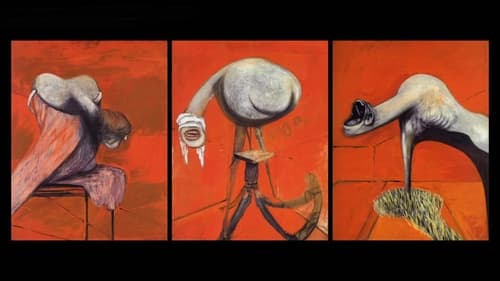
Commissioning Editor
In this unique, compelling film, those who knew him speak freely, some for the first time, to reveal the many mysteries of Francis Bacon.

Executive Producer
In this unique, compelling film, those who knew him speak freely, some for the first time, to reveal the many mysteries of Francis Bacon.

Commissioning Editor
The 1916 Battle of the Somme remains the most famous battle of World War I, remembered for its bloodshed and its limited territorial gains. What is often overlooked, however, is the literary importance of the Somme: more writers and poets fought in it than in any other battle in history. Narrated by Michael Sheen, War of Words: Soldier-Poets of the Somme details the experiences of the poets and writers who served in the battle. The work of Siegfried Sassoon, Robert Graves, David Jones, Isaac Rosenberg and JRR Tolkien (who arrived at the Western Front with ambitions to be a poet) was informed and transformed by the battle. Taken together, their experiences allow us to see this dreadful historical event through multiple points of view. The film uses animation, documentary accounts, surviving artefacts, battalion war diaries and the landscape itself to reconnect this literature to the events that inspired it.
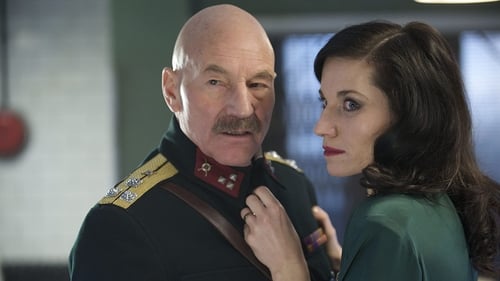
Executive Producer
Renowned Shakespearean actor Patrick Stewart features as the eponymous anti-hero in this Soviet-era adaptation of one of Shakespeare's darkest and most powerful tragedies.









